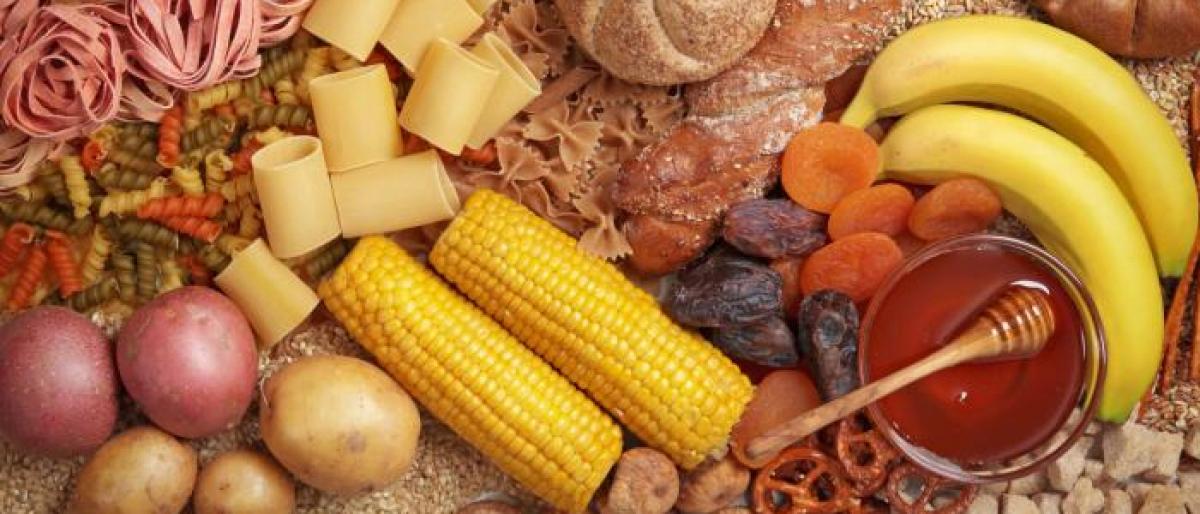High carbohydrate diet may induce obesity in some: Study

Researchers have identified a DNA mutation common in animals that may explain why a diet high in carbohydrates induces obesity and diabetes in some but not others
New York: Researchers have identified a DNA mutation common in animals that may explain why a diet high in carbohydrates induces obesity and diabetes in some but not others.
The study, published in the journal PLOS Genetics, showed a surprising difference between two sets of the fruit flies when feeding with alternate diets high in protein and high in carbohydrates.
Fruit fly larvae with a noted mitochondrial DNA (mtDNA) mutation showed a pronounced increase in development when eating high carbohydrate diet of banana, but stagnated on a high protein diet of passion fruit, Xinhua news agency quoted the study as saying.
Conversely, fruit fly larvae without that mutation thrived on the high protein diet, but dropped in frequency when put on carbohydrates, the report said.
The six-year collaborative study by Australian, American and Spanish researchers challenged the neutral theory of molecular evolution in which changes in species at the molecular level are random, not caused by natural selection and provide no benefit or disadvantage to the species.
According to lead author Bill Ballard from the University of New South Wales, the research was a rare demonstration of positive selection at work in evolution.
Given that humans share 75 per cent of the same genes as fruit flies, and have the same mtDNA genes, it is likely, according to the study, that the same mutation inherited in human mtDNA may metabolise carbohydrates in a similar way.
"But, the news is not all bad for people harbouring the mutation," said Ballard.
"You would need to manage your carbohydrate intake when you are younger, but if you are unfortunate enough to develop Parkinson's Disease, a high carbohydrate diet will help you maintain weight," Ballard added.

